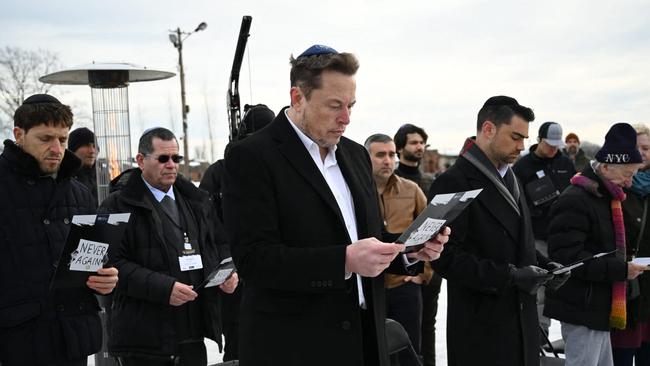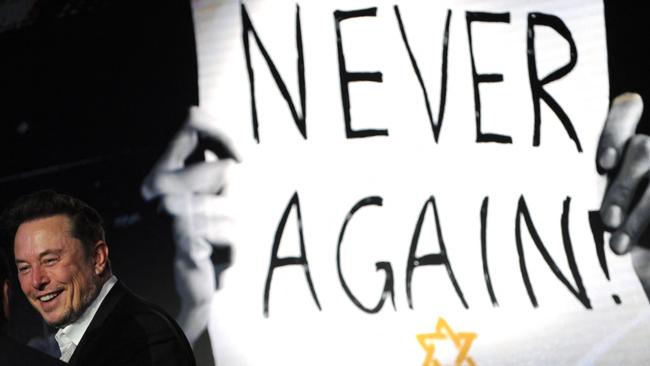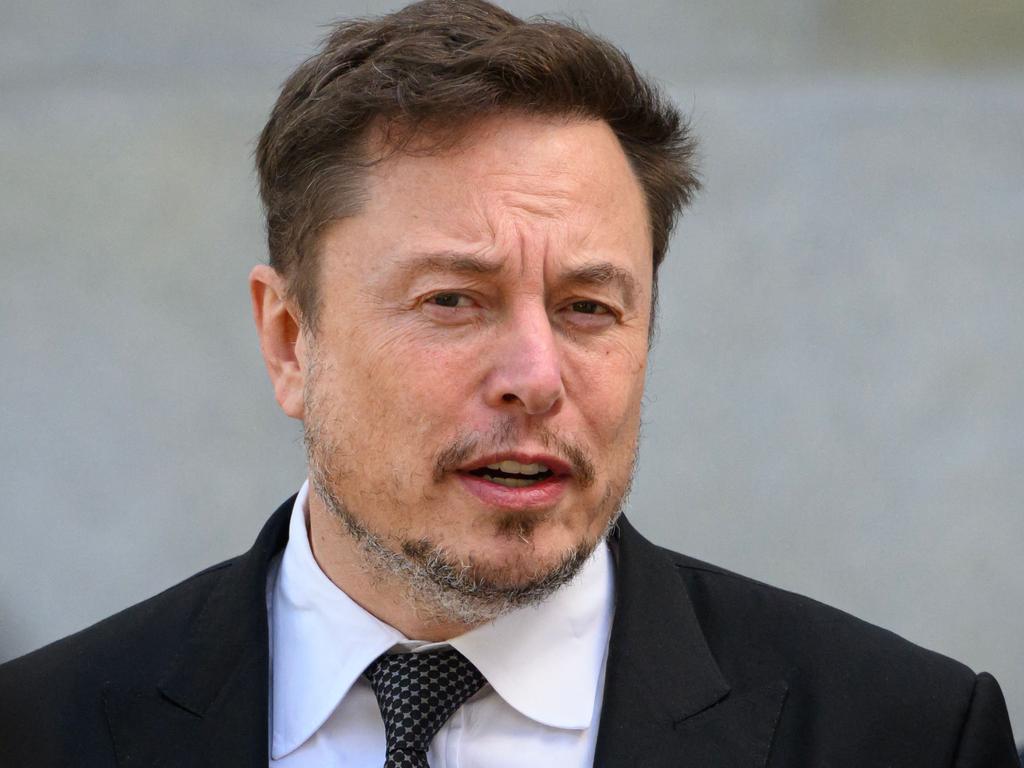I was naive about anti-Semitism, says Elon Musk after Auschwitz visit
The Tesla chief executive has said he is ‘aspirationally Jewish’ during a trip to Poland where he visited Auschwitz-Birkenau, Nazi Germany’s largest death camp.

Elon Musk has admitted he was “naive” about anti-Semitism on Twitter/X and described himself as “aspirationally Jewish” after visiting Auschwitz-Birkenau, the site of Nazi Germany’s largest death camp complex.
In an interview, the billionaire also suggested that concepts such as diversity and inclusion had “fundamentally anti-Semitic” effects.
Two months ago Musk, 52, endorsed as “the actual truth” a post on the platform that accused Jewish groups of “pushing dialectical hatred against whites” and abetting the arrival of “hordes of minorities” in the West.

He was subsequently rebuked by the White House and Isaac Herzog, the president of Israel. Having initially rejected allegations of anti-Semitism as “bogus”, Musk has taken a more conciliatory line, describing the incident as one of the most foolish things he had done on the social network.
Yesterday (Monday) he arrived at the Auschwitz memorial site in southern Poland, where he was accompanied by Gidon Lev, an 88-year-old Holocaust survivor, and Rabbi Menachem Margolin, chairman of the European Jewish Association. He arrived with one of his children and Ben Shapiro, a conservative American podcaster, who is Jewish.
Very important https://t.co/aVoObZAkOr
— Elon Musk (@elonmusk) January 22, 2024
In a subsequent interview with Shapiro, Musk conceded that he had failed to recognise how widespread and serious anti-Semitism was until he saw the level of support for Hamas after the October 7 massacre.
“I must admit to being somewhat frankly naive about this,” he said. “In the circles that I move in, I see almost no anti-Semitism … two thirds of my friends are Jewish. I’m, like, Jewish by association. I’m aspirationally Jewish. So I was, like, what are people talking about with this anti-Semitism? Because I never hear it, in dinner conversations.”

In discussing potential causes of contemporary anti-Semitism, he said: “Diversity, equity, inclusion – they all sound like nice words, but what it really means is discrimination on the basis of race or sexual orientation and thus it is against merit. Which I think is fundamentally anti-Semitic.”
The Times





To join the conversation, please log in. Don't have an account? Register
Join the conversation, you are commenting as Logout